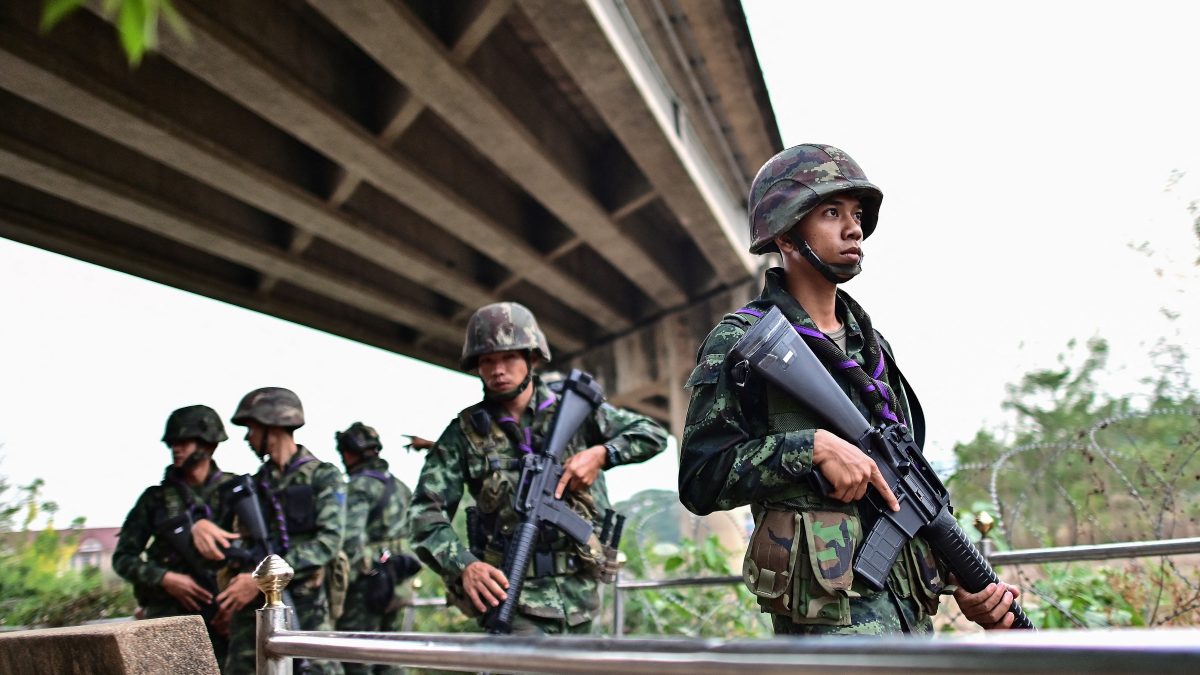Myanmar’s busiest border trade route with Thailand has been closed for a second consecutive day, after the military regime vowed to crack down on black market revenues that it claims are propping up armed resistance groups ahead of elections scheduled for late December.
The crossing at the Myawaddy bridge, which carries more than $120m worth of goods between the neighbours each month according to Thai customs data, was sealed to trading vehicles on Monday. The military said the move was aimed at stemming illicit flows that bankroll guerrilla forces entrenched along the highways linking the border to Yangon.
Naing Maung Zaw, a spokesman for the junta’s Border Guard Forces, confirmed the closure, which comes as the regime seeks to present next month’s poll as a pathway out of civil war. Critics, however, dismiss the election as an exercise to entrench military rule.
Behind the closure
The junta, which seized power in a 2021 coup, is fighting on multiple fronts against pro-democracy militias and ethnic armed organisations that have banded together since the putsch. Many sustain their campaigns through levies imposed at roadblocks and toll gates on trade routes, including the lucrative Myawaddy corridor.
“The regime has set regulations to make it uncomfortable for minority groups, to try to stop them from earning money or benefits,” said a Thai security official stationed at the frontier, who requested anonymity.
Min Aung Hlaing, the junta leader, last week vowed to target opposition fighters he accused of “using profits collected from illegal trade to strengthen their forces.”
A contested election
The military has announced a phased election beginning on 28 December, with voting expected to take weeks. Its forces have made limited territorial gains in recent weeks, recapturing areas where they plan to hold the poll. Yet vast parts of the country remain under the control of armed groups opposed to the coup, raising questions over the feasibility of the vote.
Democratic leader Aung San Suu Kyi remains in detention and her National League for Democracy has been dissolved, with former lawmakers urging citizens to boycott. Meanwhile, the junta has imposed draconian new penalties, including prison terms of up to 10 years for those who criticise or protest against the election.
Impact Shorts
More ShortsWith inputs from agencies


)

)
)
)
)
)
)
)
)



